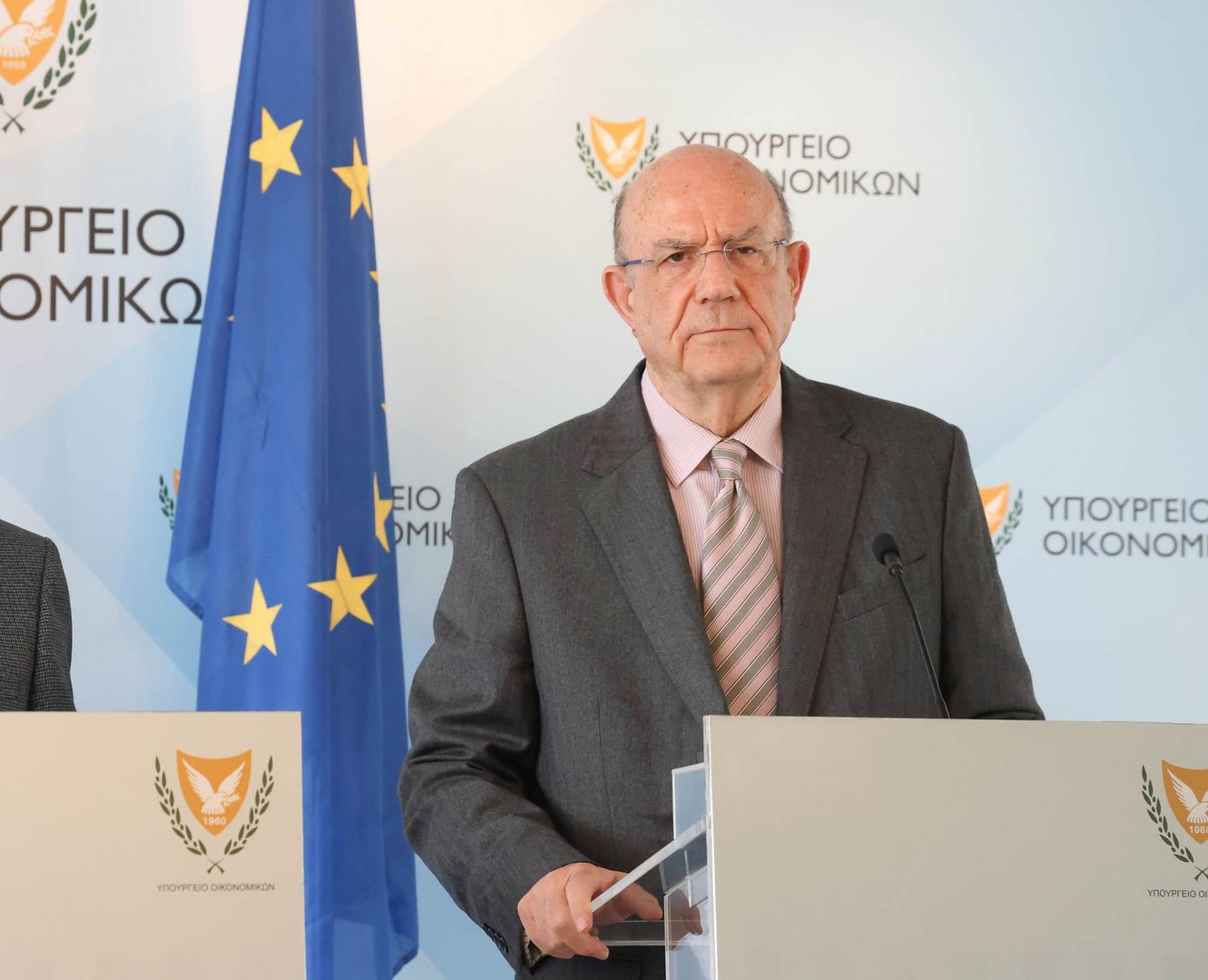Finance Minister Makis Keravnos said on Tuesday he is “not optimistic” about the Great Sea Interconnector – the mooted subsea electricity cable linking Cyprus to Greece.
However, his sentiments diverged from those of Energy Minister George Papanastasiou who days ago indicated he was satisfied with the Greek side’s response to a series of questions posed by Cyprus.
Responding to media questions, Keravnos said he had yet to see the letter of response delivered by Greece’s energy minister to his Cypriot counterpart.
He has not been briefed on the matter, which is being handled by Papanastasiou, he added. As such, he declined further comment.
Asked directly if he continues to harbour concerns over the proposed interconnector project, the finance minister said his concerns were borne out by the findings of a foreign consultancy hired by the Cypriot government.
“From there on, these concerns need to be discussed,” he said.
Keravnos was understood to be alluding to a due diligence report delivered by Curtis, Mallet-Prevost, Colt & Mosle LLP – a New York-headquartered international law firm.
Among other things, the report found that the draft concession agreement “is heavily one-sided in Ipto’s (Greece’s Independent Power Transmission Operator Admie) favour and would create an unnecessary additional layer of risks for any equity investors in GSI.”
Admie is the project promoter and drew up the concession agreement. Going by public statements, Cyprus as a state is considering investing up to €100 million in the GSI project.
Once the discussions between the Greek and Cypriot energy ministers wrap up, Keravnos went on to say, the Cypriot government would revisit the matter “to see how we go forward”.
Asked if he was sanguine about these matters being resolved, the finance minister replied: “I cannot say I am optimistic, especially when some very serious political problems persist, in other words the obstacles raised by Turkey.”
In July last year, Turkish gunboats had reportedly harassed a survey vessel for the interconnector in Greek waters. The matter was resolved diplomatically.
Keravnos has previously voiced skepticism over the €2 billion project. In October, he told media that the final cost might well exceed that number.
He also drew attention to the fact that, whereas the interconnector is costed at €2 billion, the total state budget of Cyprus stands at just €10 billion.
At the time Keravnos called for careful studies into the financial viability of the project, such as an independent cost-benefit study. This should be done before any decision by Cyprus to become an equity investor.
He also mentioned the lending that Admie was seeking from the European Investment Bank. Keravnos cautioned that the terms of the loan should become clear – such as whether states would be asked to backstop the loan with guarantees.
A decision by the EIB was expected soon, Keravnos had said in October.
Admie was said to have asked the EIB for a €500 million loan.
But in late November it emerged that the EIB had yet to commit, and that it might take the prospective lender several more months to decide on financing the project.






Click here to change your cookie preferences